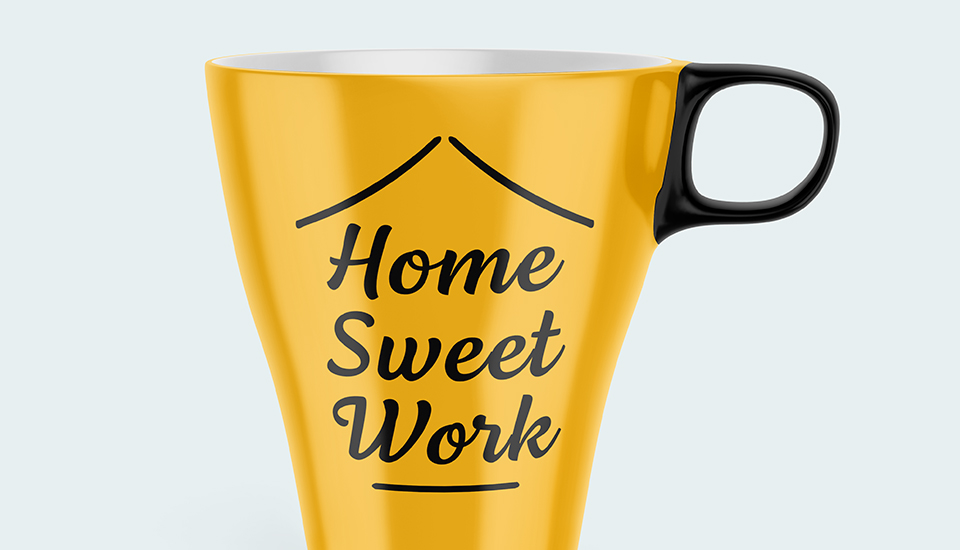Could a more flexible working model offer the opportunity to enhance wellbeing and increase productivity?
The experience of working from home during the Covid-19 pandemic will change work in Britain forever. Relative to the 63% of individuals who have not been able to work from home, Britain’s homeworkers have been better shielded from the more immediate impacts of the virus. Nevertheless, the toll upon their health and wellbeing has been high. According to Nuffield Health, seven in 10 homeworkers report more aches and musculoskeletal pain, while levels of mental health distress have soared, particularly during the most recent lockdown.
Despite this, the vast majority of homeworkers are determined not to return to the pre-pandemic ‘normality’ of working exclusively in an office. Recent research by the RSA and Vitality, a health and life insurer, found that only 16% of homeworkers would prefer to work mainly in a set location away from their home. The reason for this is simple: people have found working from home helpful for coping with the wellbeing challenges of the pandemic. But at a deeper level, the way homeworkers relate to work has changed too. Our research shows that Britain’s homeworkers increasingly expect work to support their wellbeing, work–life balance, mental health and ability to pursue a physically active lifestyle. When we do eventually go back to our offices, we are going back as different people; people who want, to quote the Brazilian philosopher of work Roberto Unger, work that allows us to “live a larger life”.

Organisational leaders should now explore the potential for a ‘healthy hybrid’ model that can deliver inclusive productivity gains for their business alongside a healthier, happier workforce. The story of productivity during the homeworking experiment is illustrative of the challenges ahead. On one hand, homeworkers have clearly worked harder; our research suggests they have worked an extra three hours per week on average. Meanwhile, the fact that productivity has not dropped off a cliff should be a stark warning that something has gone badly wrong in the way we design our physical workplaces. Homeworkers told us most tasks were easier at home, including the creative tasks often thought to be a comparative advantage of offices.
On the other hand, there are concerns that these extra hours represent a ‘burnout’ model of work that is unsustainable due to its impact on wellbeing. Moreover, some homeworkers have struggled to maintain their productivity due to an increased demand in caregiving, a reminder that the benefits of flexibility are never distributed equally.
For most organisations, finding a ‘best of both’ equilibrium that can balance the collaborative energy of workplaces with the wellbeing-enhancing flexibility of working from home will take time and patience. Yet, in the main, we should be optimistic. The shift in values that ‘healthy hybrid’ work represents can help create a movement for good work grounded in the insight that wellbeing and productivity – health and economic competitiveness – are two sides of the same coin: human beings need both in order to flourish.
We must not squander this insight as the acute phase of the pandemic passes. When we look back upon this terrible tragedy, our hope should be that we will also be able to see it as a catalyst for good. One way to achieve that will be to embrace the possibilities of ‘healthy hybrid’ work.
This article first appeared in the RSA Journal Issue 3 2021
Related articles
-
Earth Day: why it needs to be every day
Comment
Phillip Ward
This year’s Earth Day focuses on plastic pollution. It’s a massive problem that must be addressed, but we need to go beyond one-day initiatives to instil a sense of urgency in responding to all the issues we face.
-
Making the most of your late career
Comment
Ann Thorpe
How do you harness your potential in the last chapter of your career? Ann Thorpe explains how the Late Career Alliance could help to craft your career narrative, impact and legacy.
-




Be the first to write a comment
Comments
Please login to post a comment or reply
Don't have an account? Click here to register.